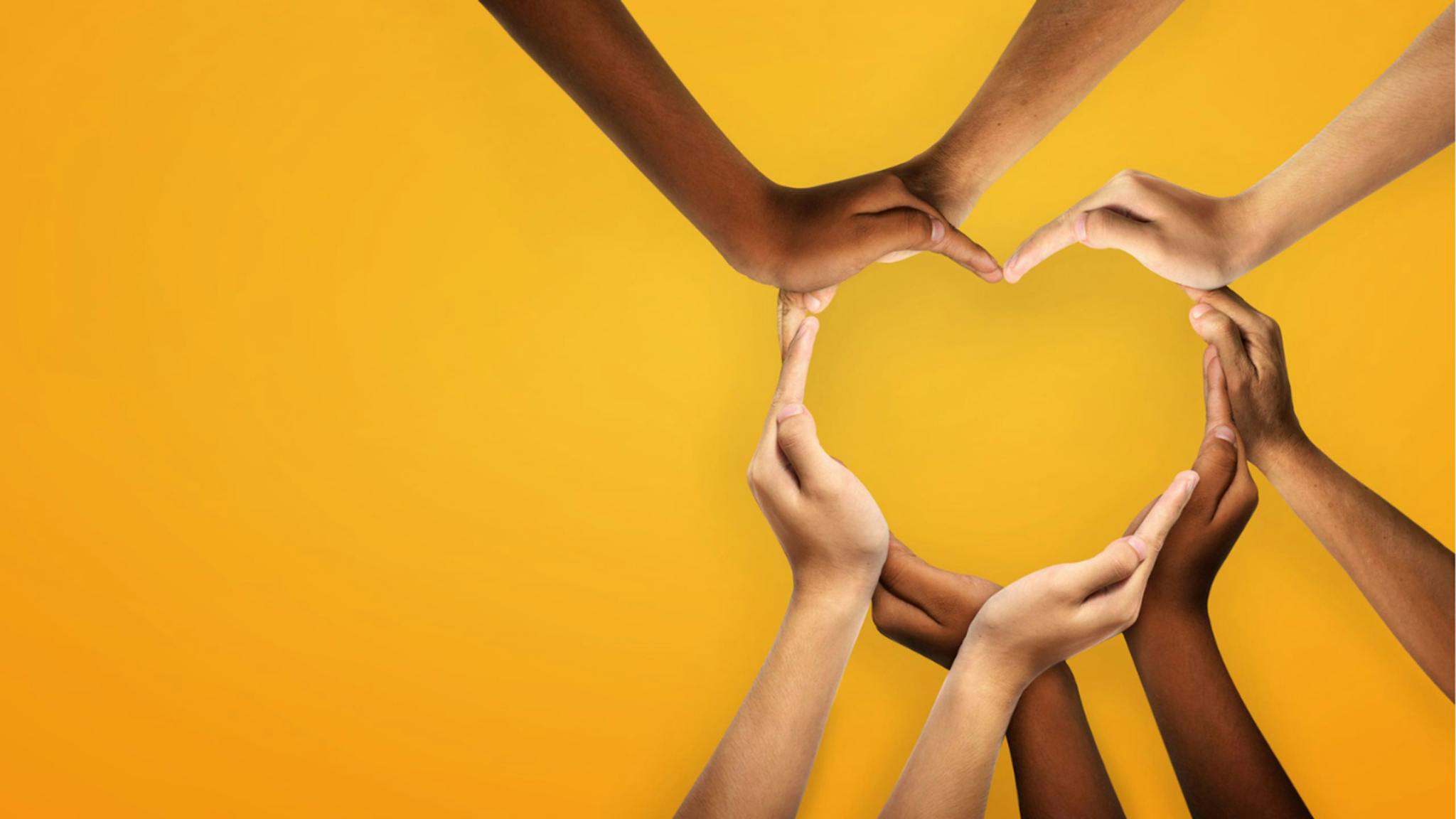Gratitude emboldens resilience and strengthens relationships.

Resilience is defined as the capacity to [withstand](https://www.google.com/search?client=safari&sca_esv=574891262&rls=en&q=withstand&si=ALGXSlbSiMNWMsv5Y0U_0sBS8EWzAjoCH_7Bin8mnt5BRx-w9S9W2mpC2wbO81eBaVASTUvQ8Vi9ewYmr8SbfV5QQQfK3eQdUA%3D%3D&expnd=1) or to recover quickly from difficulties; [toughness](https://www.google.com/search?client=safari&sca_esv=574891262&rls=en&q=toughness&si=ALGXSlbSiMNWMsv5Y0U_0sBS8EWz--gCEncvZD_LD58J0SO5qeayecka7iljuRweY38B3tD0XzSBKm8u0LUGhTiQmltakvxuMA%3D%3D&expnd=1).
Resilience isn't just some sort of inbuilt programming, some automatic reaction to hard times. It needs to be developed and worked on through our relationships and networks. Gratitude is a great way to strengthen those relationships and build up our resilience.
Gratitude is a key component in resilience training. It might not be easy to practice gratitude when times are hard but if we live gratefully, we will appreciate the positive aspects of our lives and won't focus on just the negative things in our lives.
We build resilience by realising that we can't overcome these obstacles that life throws at us alone, we need the help of others at some point. resilience is also heavily enabled by strong relationships and networks. This works both ways; the stronger our relationships, the more resilient we will be and the stronger our resilience is, will deepen our social health and support networks.
Gratitude helps develop stronger workplace relationships in a number of ways, including empathy, perspective, teamwork, purpose and work surges.
• Gratitude can really help us to build relationships by helping us to be empathetic. We are able to put ourselves in the position of the other person, noticing their kindness to us and taking action to reward that kindness with gratitude. This lays a firm foundation for a strong relationship and will increase the level off psychological safety within those relationships.
• Gratitude helps us to put the problem into perspective because it isolates that moment in time, that moment when we had a problem and someone acted kindly and we appreciated that kindness; it allows us to see the problem more objectively.
• Gratitude enables us to work together as a team, knowing that our colleagues, friends or partners have got our back and we have theirs.
• Gratitude gives a shared goal or common purpose; helping each other with kindness will make those goals seem closer and achieving those goals seem easier.
• So, when that obstacle or issue occurs, that work surge that needs 'all hands-on deck' we will be prepared, knowing that we are part of a strong team where everyone trusts one another to pull together!
Gratitude helps us to widen our mental openness and creativity. The idea is that our minds actually work better when we are grateful, allowing us to be more creative, more optimistic, and more capable in our endeavours.
A grateful mindset is also more likely to encourage help-seeking behavior. "Grateful people are more likely to seek support, utilise the resources available to them and approach problems directly and with a positive outlook. They also try to find the potential for learning and growth," says clinical psychologist Dr. Lillian Nejad. "Because grateful people use effective coping skills, they are less stressed when problems arise."
So, we can use the power of gratitude to strengthen our personal, social and work based relationships and build our resilience so we will be ready for whatever life throws at us!